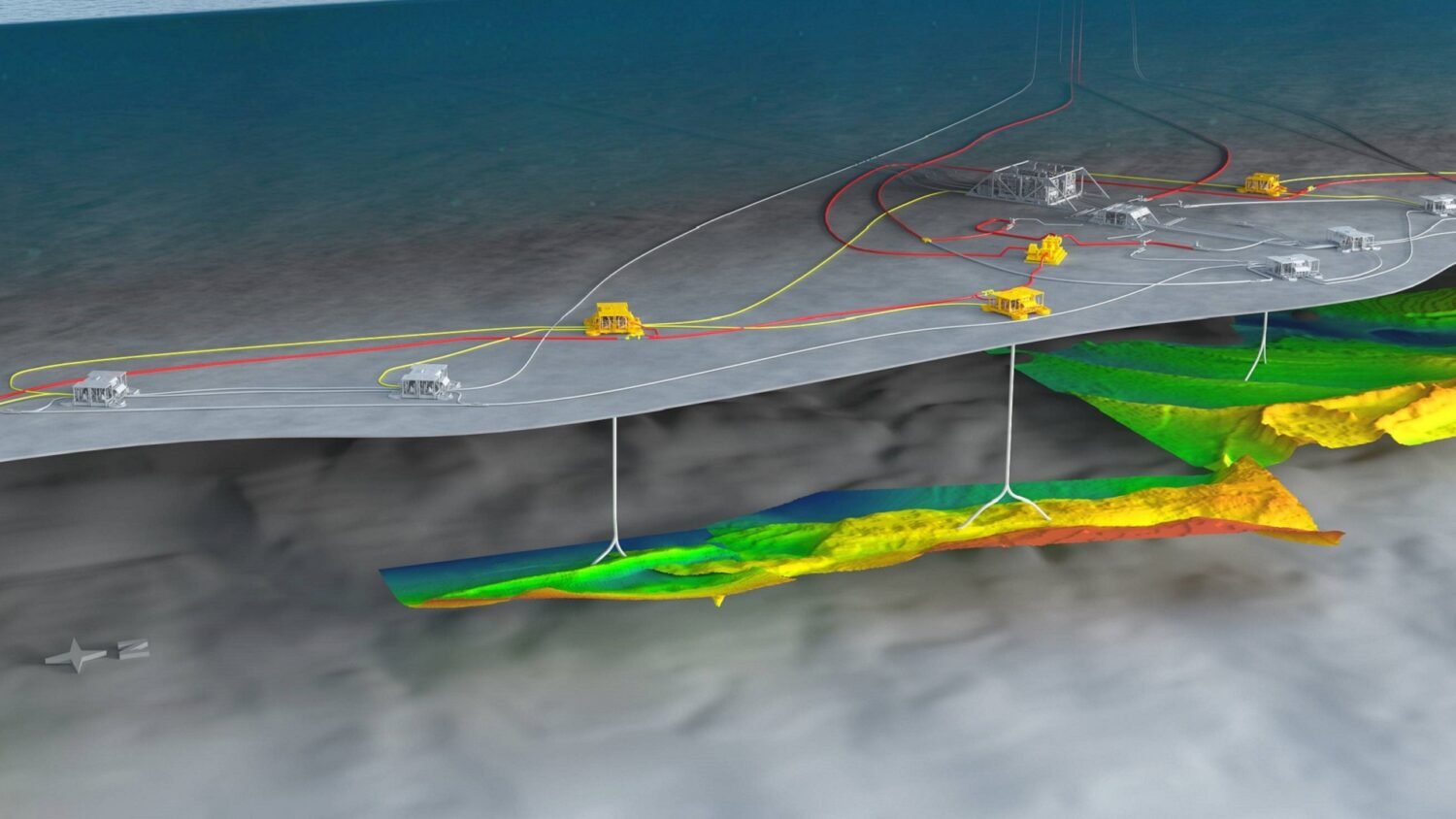Further Design of Subsea Pipelines
Advanced Pipeline Design
Interactive Learning
Industry insights
Networking Opportunities
Networking opportunities
Engage in hands-on activities and interactive exercises, helping you become confident in subsea system architecture.
Jeenius
A Problem-Based Learning Journey
Module Highlights
Day 1 - Soil Interaction, Buckle Arrestors, and Corrosion Mitigation in Pipeline Design
Day 2 – Structural Stability and Design: Exploring Lateral and Upheaval Buckling, Virtual Anchors, and Strain-Based Design
Day 3 – Navigating Structural Challenges: Fatigue, Expansion, Walking, and Anchoring
Day 4 – Ensuring Pipeline Integrity: HIPPS Configuration and Pipeline Protection Strategies
Who should attend?
Navigating the Course: Daily Breakdown
Pipe soil interaction
-
Soil types and properties
-
Pipeline embedment
-
Axial pipe-soil interaction
-
Lateral resistance
-
Buried pipeline upheaval resistance
Hydrostatic collapse
-
Need for buckle arrestors
-
Buckle arrestors
-
Worked example
Corrosion
-
Corrosion mechanisms
-
Corrosion control
-
Corrosion rates
-
Case studies
Lateral buckling
-
Virtual anchor spacing
-
Design process
-
Out-of-straightness surveys
-
Buckle mitigation
Upheaval buckling
-
Upheaval buckling mechanism
-
Upheaval buckling analysis
-
Worked example
Strain-based design
-
What is strain-based design?
-
Loading
-
Low strain requirements
-
Moderate strain requirements
-
High strain requirements
Fatigue
-
Principles of fatigue
-
Fatigue loadings
-
Design for fatigue
-
Worked example
-
Case studies
Expansion, walking and anchoring
- End expansion
- Pipeline walking
- Walking modes
- Pressure effects
- Walking and lateral buckling
- Anchoring
- Other prevention and mitigating measures
- Case study
HIPPS
-
Configuration and components
-
Design applications
Pipeline protection
-
Hazards
-
Pipeline loads
-
Pipeline load capacity
-
Risk and safety analysis
-
Pipeline coatings
-
Rock dump
-
Trenching for impact protection
-
Protection structures
-
‘Soft’ protection options
Learning Outcomes
- Summarise the design approaches for HP, HT and high corrosion
- Design for collapse and buckle propagation resistance
- Explain how to calculate corrosion rates and determine the associated mechanisms and methods
- Describe the evaluation of different levels of strain and their design requirements
- Investigate the causes of fatigue and how to calculate acceptability
- Explain how to assess and mitigate pipeline walking
- Predict potential hazards and recommend pipeline protection method

Meet Your Expert Tutors

Dem Demetriou
BEng (Hons), MSc, DIC, CEng, FIMarEst, MBA FCMI
With a rich professional journey spanning over two decades, Dem has established himself as a specialist in project management, facilities engineering, and strategic general management. His expertise encompasses Front-End Engineering Design (FEED), detailed and conceptual design, procurement, topsides, and construction. This extensive experience makes him a treasure trove of knowledge and practical insights, particularly in the dynamic field of subsea engineering.
In his teaching role, Dem brings this wealth of experience to the classroom. His courses are a blend of theoretical knowledge backed by real-world application, offering students a comprehensive understanding of the complexities involved in subsea engineering projects.

Martin East
CEng, MIMechE, NRA
Martin, a Chartered Mechanical Engineer since 1988, is a cornerstone of Jee's technical expertise, particularly in the realm of finite element analysis (FEA). His profound mastery of the Abaqus non-linear FEA software sets him apart as a leader in his field. Joining Jee in 1996, Martin has been instrumental in steering consultancy projects and advanced analysis, showcasing his deep understanding and practical application of engineering principles.
Martin's role extends beyond his technical contributions. As one of Jee's most knowledgeable and experienced tutors, he has been at the forefront of delivering many of Jee's training courses. His teaching style is characterised by clarity, depth, and a strong connection to real-world engineering challenges. Martin excels in breaking down complex analytical concepts into understandable segments, making them accessible and engaging for students of all levels. His commitment to education is evident in the way he nurtures and inspires future engineering talent, making him a valuable asset not only to Jee but to the entire engineering community.
Start Dates
| Location | Start Date | End Date | Number of Days | Timings |
|---|---|---|---|---|
Virtual (via MS Teams) |
17th June 2024 |
20th June 2024 |
4 |
09:00 to 16:30 (with regular breaks) |
Your Course Fee
COURSE FEE
£2,495
-
Live Classes: Dive into live, interactive sessions focusing on real-time learning and discussions with peers and industry experts.
-
Access to Jeenius Platform: Unlock a realm of additional resources, peer forums, and expert interactions extending your learning beyond the classroom.
-
Industry Expert Interaction: Network and learn from seasoned industry professionals throughout the course, discussing real-world challenges and solutions.
Find Out more

